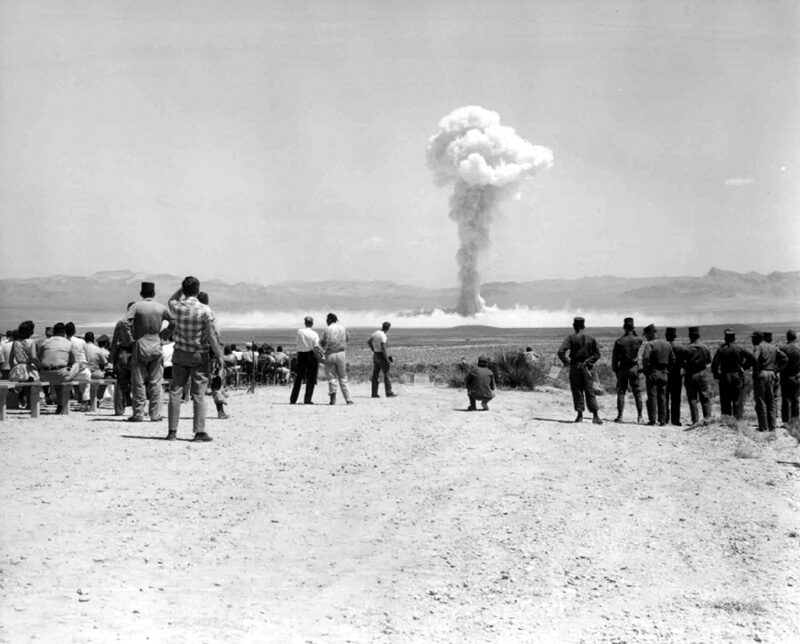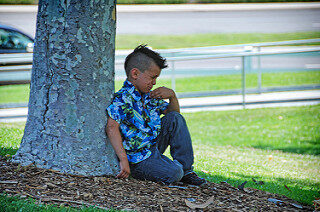When you look up what Autistic people have said about how to help us through meltdowns, the most foundational piece of advice you will see again and again is to remain calm. But what about when you can’t remain calm? What about when that Autistic person’s meltdown is triggering your own trauma response?
Category: meltdown
Retreat isn’t just a quiet room, it is an explicitly neurodivergent space. Nothing about us without us, right? It’s a place to stim freely, drop the mask a little, and find some neurodivergent kinfolk.
This checklist is for people who aren’t autistic (or whose autistic traits differ from those of their child/charge) to understand what may upset an autistic person, and cause them distress.
When you have a meltdown it’s as if the world is ending. Everything is too much, and you feel like an overwhelming darkness has engulfed your very being. Irrepressible anger that may seem completely irrational to an outsider can be inwardly devastating us internally.
There are far too many examples of autistic people being arrested or sectioned, let alone reprimanded or ostracised, for having a meltdown—a reaction to difficulty and stress that is normal to our way of being, but not nearly well enough understood by others.
When you help me cope with a meltdown and when you help create an environment that helps me avoid meltdowns, you are helping to build a kinder, gentler world that has room for everyone, no matter what kind of nervous system they have.





